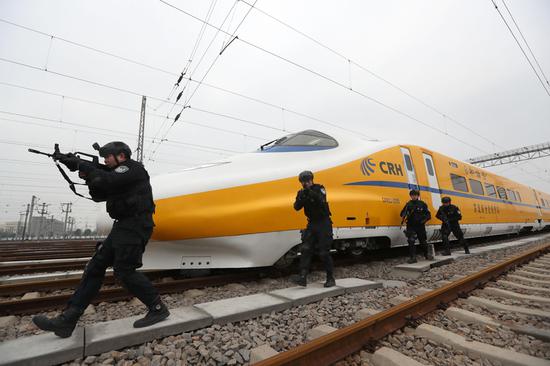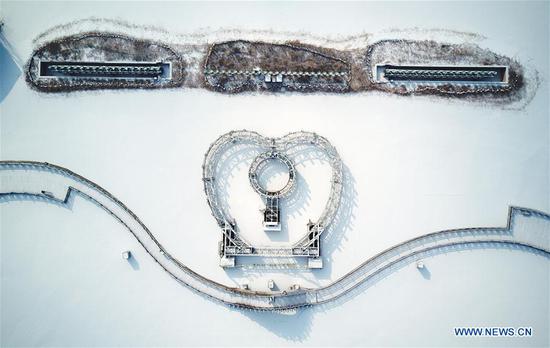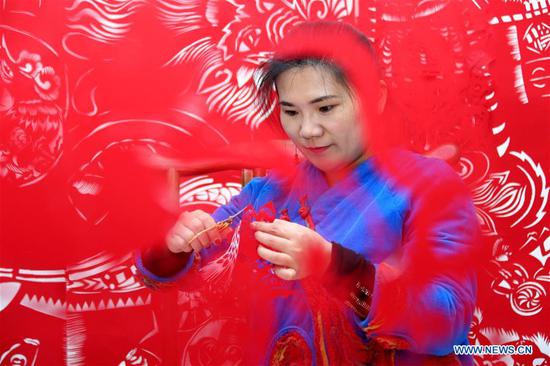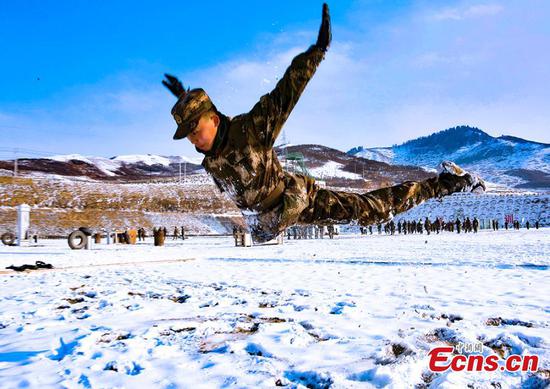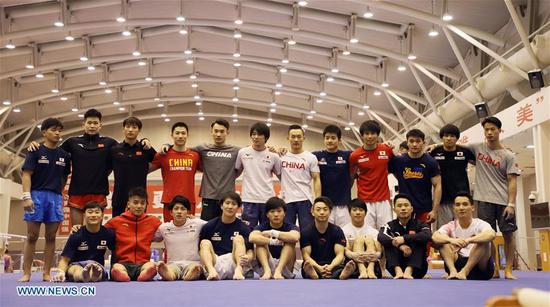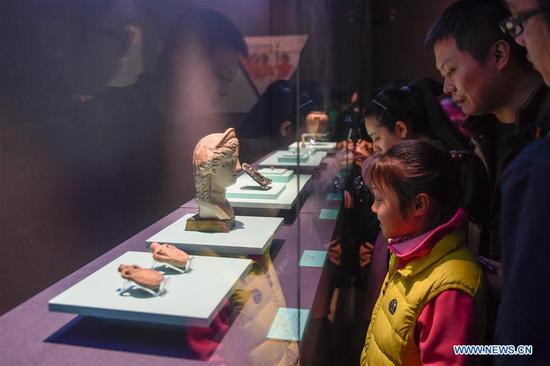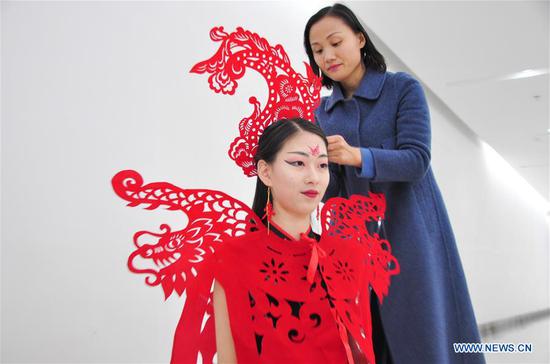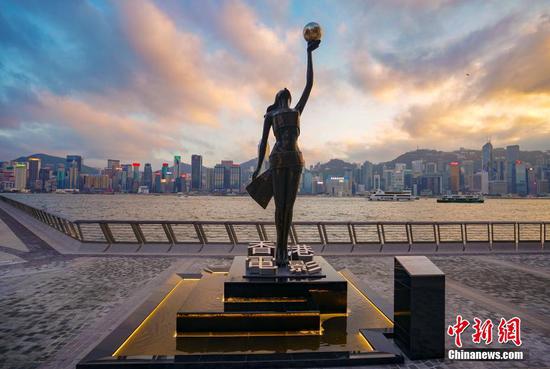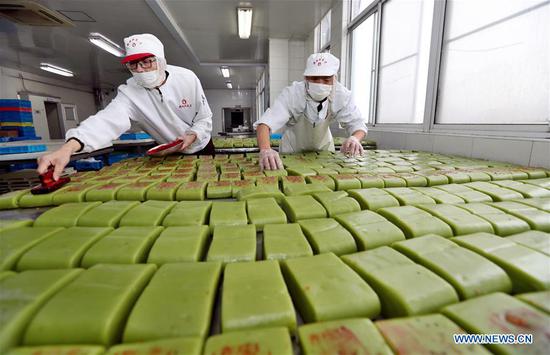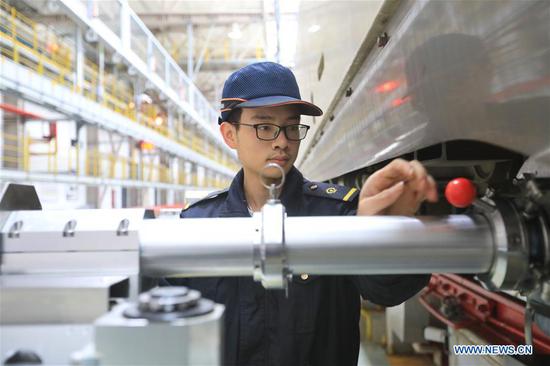Chinese and U.S. officials said that they have made "important progress" in addressing their differences over trade at the latest round of negotiations, but they left the task for a final deal to further talks, including a possible meeting between the leaders of the two countries.
The latest round of high-level negotiations concluded at the White House on Thursday, local time, and both sides emerged from the meetings with a positive tone, stressing that they have made progress over a wide range of issues of mutual concern.
Chinese and U.S. officials had "candid, detailed and constructive discussions" focused on the balance of trade, technology transfer, intellectual property rights protection, implementation mechanisms and other topics of mutual interest, as well as issues of China's concern, the Xinhua News Agency reported on Friday. "[The two sides] made important progress for the current stage."
In a statement on Thursday, the White House also described the trade negotiations as "productive." It said that "the two sides showed a helpful willingness to engage on all major issues, and the negotiating sessions featured productive and technical discussions on how to resolve our differences."
"The fruitful discussions of the latest round of China-U.S. trade talks showed the two sides have full willingness and consensus to end the ongoing trade war, and to reach a deal before the 90-day trade truce deadline," Tu Xinquan, a professor at the University of International Business and Economics in Beijing, told the Global Times on Friday.
The two countries are scrambling to reach a final deal before March 1 to avoid a further escalation in their tit-for-tat tariff war.
While no final deal has reached during the trade talks in Washington, signs suggest that the two sides had reached a consensus on some of the major issues of division.
Consensus reached
In terms of market fairness, the Xinhua report said that creating a fair market environment is in line with the broad direction of China's reform and opening-up and China will "actively" respond to the U.S.' concern.
China will also expand purchasing agricultural, energy and manufacturing goods and services from the U.S. to meet the demands of its high-quality economic growth and people's needs, Xinhua reported.
Both sides also agreed that an effective two-way mechanism to verify implementation on both sides is of "great importance," it said.
The officials also had discussions about the "specific concerns" of China, and that the U.S. side will "seriously" respond to those concerns, Xinhua reported, though it did not further elaborate on the concerns.
"Reading from the official statements of both sides, we can see China's requests are not specifically mentioned," Mei Xinyu, a research fellow at the Chinese Academy of International Trade and Economic Cooperation in Beijing, told the Global Times on Friday.
He noted that China's concerns were not specifically mentioned because it could have a "direct influence" on markets, while the U.S.' concerns are well-known and China has already vowed to address them at its own initiative.
For example, Mei said that China's support for strategic high-tech industries will not be shaken.
Surrounding the trade negotiations is a dispute between the countries over Huawei Technologies Co, which has been accused by the U.S. of a series of violations. China has pushed back such accusations, saying the U.S.' move is politically charged.
But the topic was not discussed in the negotiations, according to U.S. President Donald Trump. "No, we haven't discussed that yet. It will be," Trump said at the Oval Office on Thursday, in response to a question about the Huawei case.
Still, "China and the U.S. are making headways to nail down a deal," Mei added.










